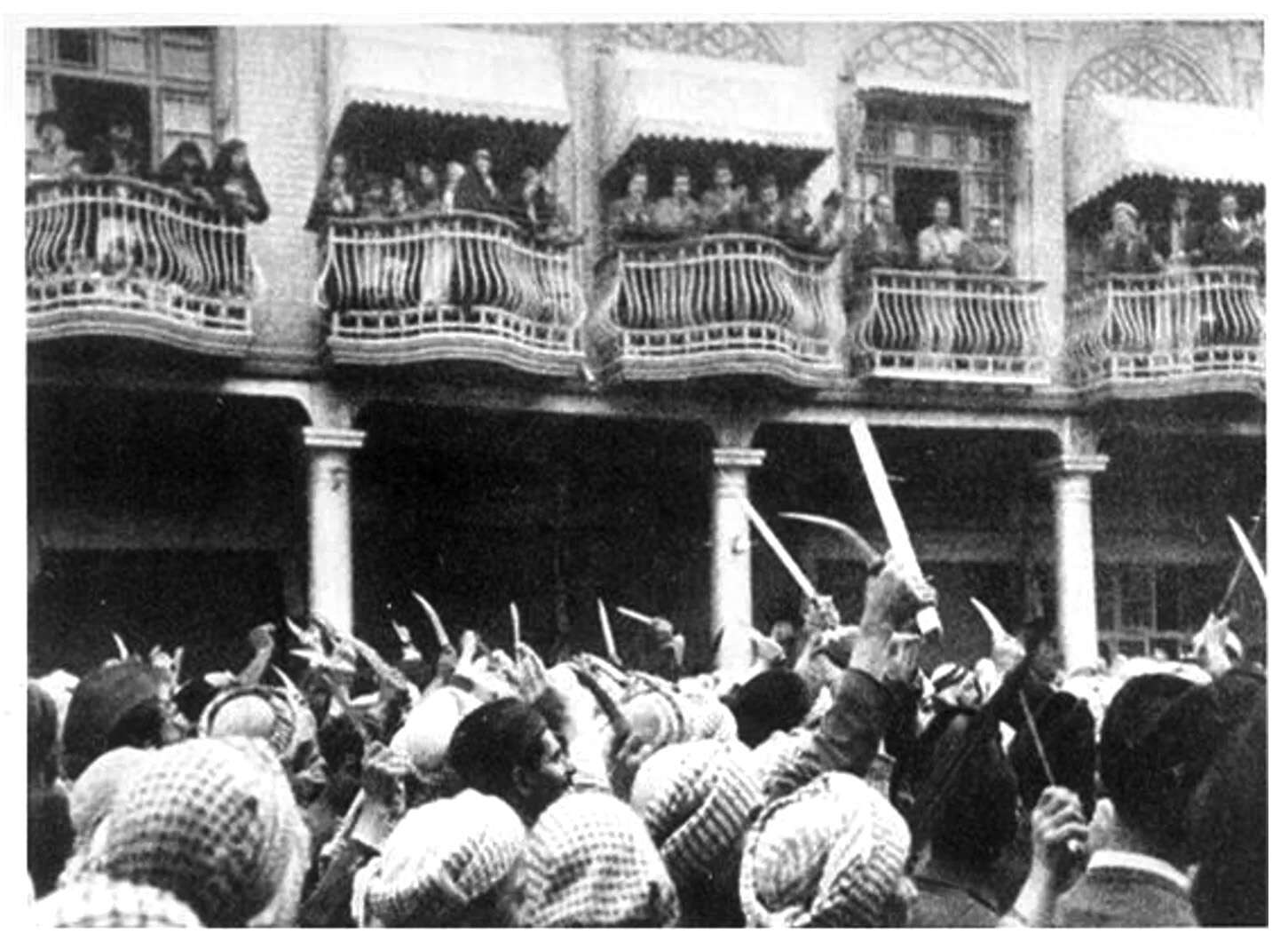It is impossible, and in fact not necessary, to curb the tendency, the impulse, to compare the Simchat Torah massacre to the darkest chapter in the history of the Jewish people – the Holocaust and the pogroms that preceded it. Israel's ambassador to the UN, Gilad Erdan, wears a yellow star in his public appearances and reminds the world not only of murderous sadism, but also of the deep and undeniable motive: the Jew-hatred of the perpetrators of the massacre, and the clear anti-Semitism of those who identify with him – in the immediate vicinity, as well as in distant parts of the enlightened world.
The massacre also undermined the sense of sovereignty and security and violated the imperative "never again." This violation, in addition to the scope of the atrocity, the clear intention to initiate mass murder and crush communities, all with meticulous organization and preparation, clearly echoes the most unique and profound characteristics of the Nazi evil machine.
The comparison to the Holocaust is not poetic embellishment: it is a rational analogy, designed to point out similarities between two cases and to derive an inference from them: as then, this time too there will be no escape from completely eradicating the source of evil and denying any hope of resurrection to those involved in the crime.
And without questioning the conceptual and moral validity of the comparison to the Holocaust, we must also point out a significant limitation to it. Perhaps one must ask, with all the pain that this entails, why the Simchat Torah massacre is not framed, alongside the pogroms of Eastern Europe, on the continuum of disturbances caused by Arabs in Jewish communities in Arab countries? Why does the immediate association of Israeli society turn to the European past, to the trauma of European Jewry, and not to awaken the memory of the carnage, massacre, rape, kidnappings and looting that were the lot of Jewish communities in the Arab region?
In many ways, the identity of the massacres and many of the modus operandi – especially the terrible harm inflicted within the communal space, the madness of blood, the sadistic delight in acts of violence and the externalization of its consequences – are reminiscent of events such as the Fez pogroms in Morocco (1912), or the Farhud in Iraq and the Gabes pogroms in Tunisia (1941), in which the Arab masses judged the Jewish communities. To this, of course, we must add the sequence of events and massacres perpetrated by the Arabs of the Land of Israel against their Jewish neighbors – <>, <>, <>, <>, and until the Great Arab Revolt – in Hebron, Jaffa, Jerusalem, and the colonies.
Why does the immediate association of Israeli society turn to the European past, to the trauma of European Jewry, and not to awaken the memory of the carnage, massacre, rape, kidnappings and looting that were the lot of Jewish communities in the Arab region?
The reason lies in the unprecedented scope of the Holocaust and the pogroms that preceded it, but also in the central place it plays in the collective memory of the Jewish people in general, and of Israeli society in particular. It stands above and beyond history. This is an objective observation, not a critical argument.
However, a comparison to the Holocaust must not exclude the Simchat Torah massacre from its closer historical and geographical context: alongside the clear anti-Semitic layer, the meticulous organization and the lust for mass killing, the Simchat Torah massacre is an expression of the ongoing Arab opposition to the Jewish presence in the region, especially to the independent and prosperous one. Paradoxical as it may sound, there is something "comforting" about the Holocaust – precisely because of its uniqueness and uniqueness. It is stored in museums and archives. But the hot and steamy lust for murder is simmering and bubbling and more current than ever in our region – and into her own eyes one must look straight.
Wrong? We'll fix it! If you find a mistake in the article, please share with us

